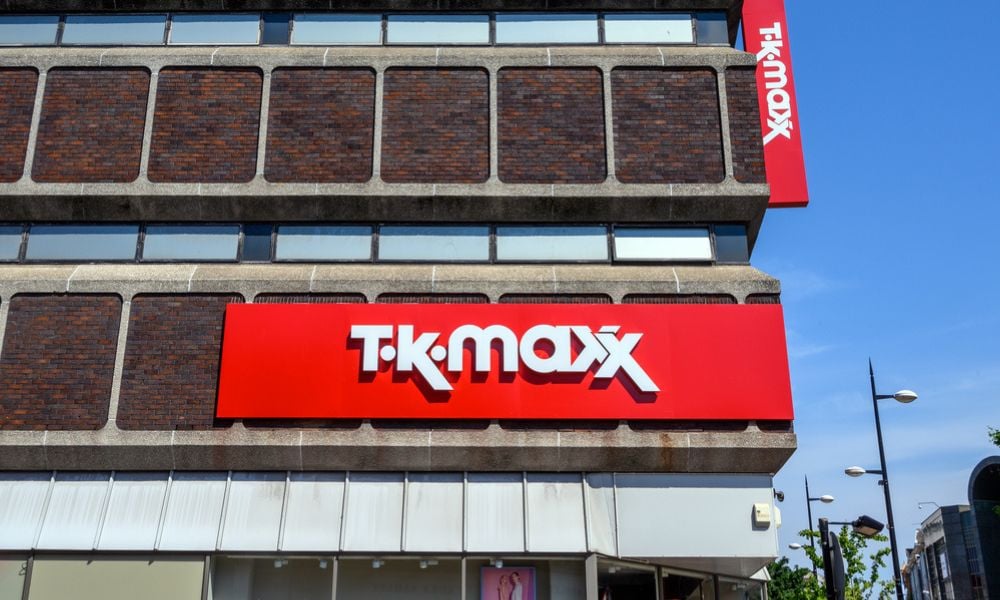The government has negotiated a deal that will see some of its employees receive a pay rise of up to 13.6%.
Public servants in the ACT have secured pay rises three times higher than their colleagues based elsewhere.
Thousands of bureaucrats had their salaries increased on Thursday by a minimum of $2,000 – this took the wage increase for the most junior employees to 13.6%, according to a Fairfax Media report.
Although the government lifted its cap on wage increases this week, a group of bureaucrats has been told that there would be no guarantee of even a 2% pay rise.
Commonwealth public servants have been involved in disputes with their employers over pay and conditions, with some departments engaging in industrial action in recent months.
ACT employees are also reported to have been given up to four weeks domestic violence leave as well as a 0.5% increase to superannuation contributions for some workers.
Those on the top tier of incomes will only receive an 11% pay rise over the four year agreement; but this is still more than double the increase offered to their federal counterparts.
The territory’s managers will also be entitled to a week’s ‘recovery leave’ each year, which can be taken in blocks of up to two days following hectic periods such as budget sessions.
“These were long and tough negotiations, but we were always at the table talking with the employer,” said Vince McDevitt, an official of the Community and Public Sector Union, told Fairfax.
Thousands of bureaucrats had their salaries increased on Thursday by a minimum of $2,000 – this took the wage increase for the most junior employees to 13.6%, according to a Fairfax Media report.
Although the government lifted its cap on wage increases this week, a group of bureaucrats has been told that there would be no guarantee of even a 2% pay rise.
Commonwealth public servants have been involved in disputes with their employers over pay and conditions, with some departments engaging in industrial action in recent months.
ACT employees are also reported to have been given up to four weeks domestic violence leave as well as a 0.5% increase to superannuation contributions for some workers.
Those on the top tier of incomes will only receive an 11% pay rise over the four year agreement; but this is still more than double the increase offered to their federal counterparts.
The territory’s managers will also be entitled to a week’s ‘recovery leave’ each year, which can be taken in blocks of up to two days following hectic periods such as budget sessions.
“These were long and tough negotiations, but we were always at the table talking with the employer,” said Vince McDevitt, an official of the Community and Public Sector Union, told Fairfax.





